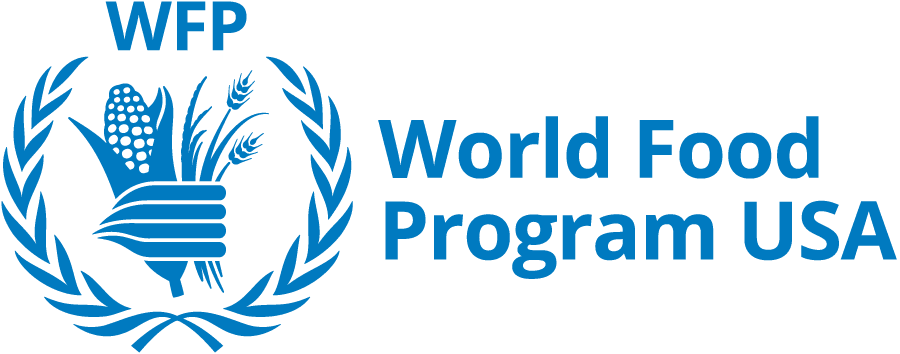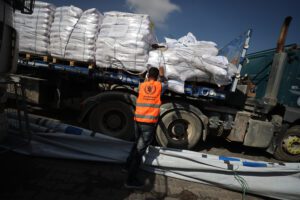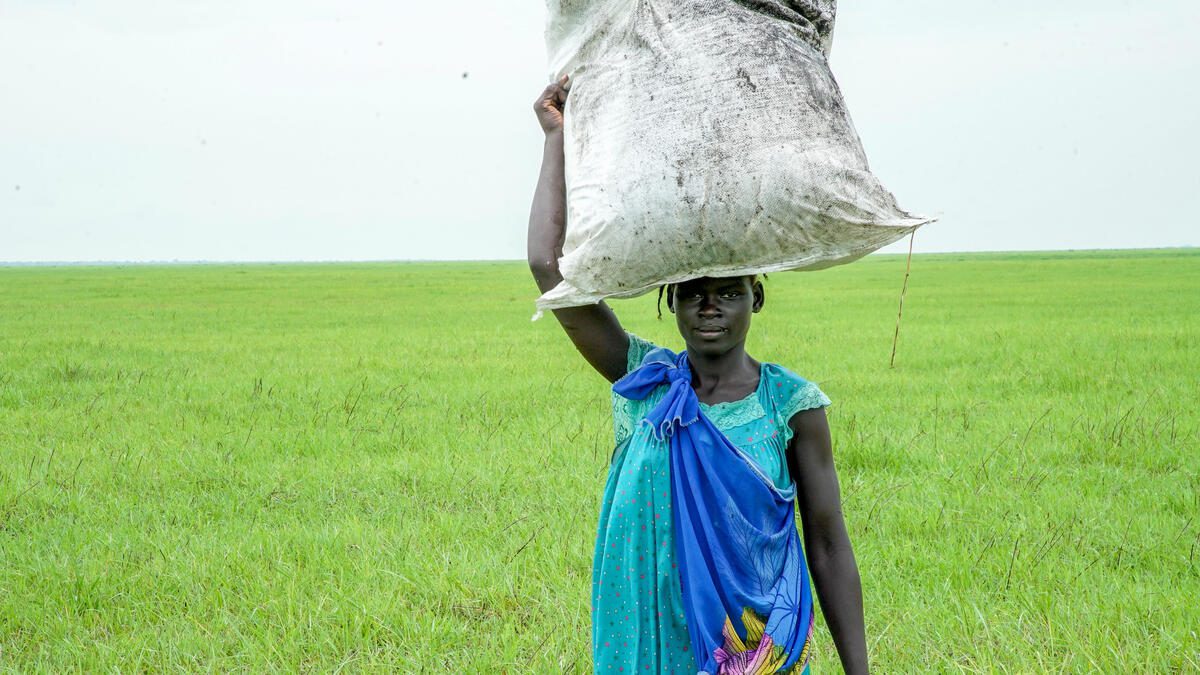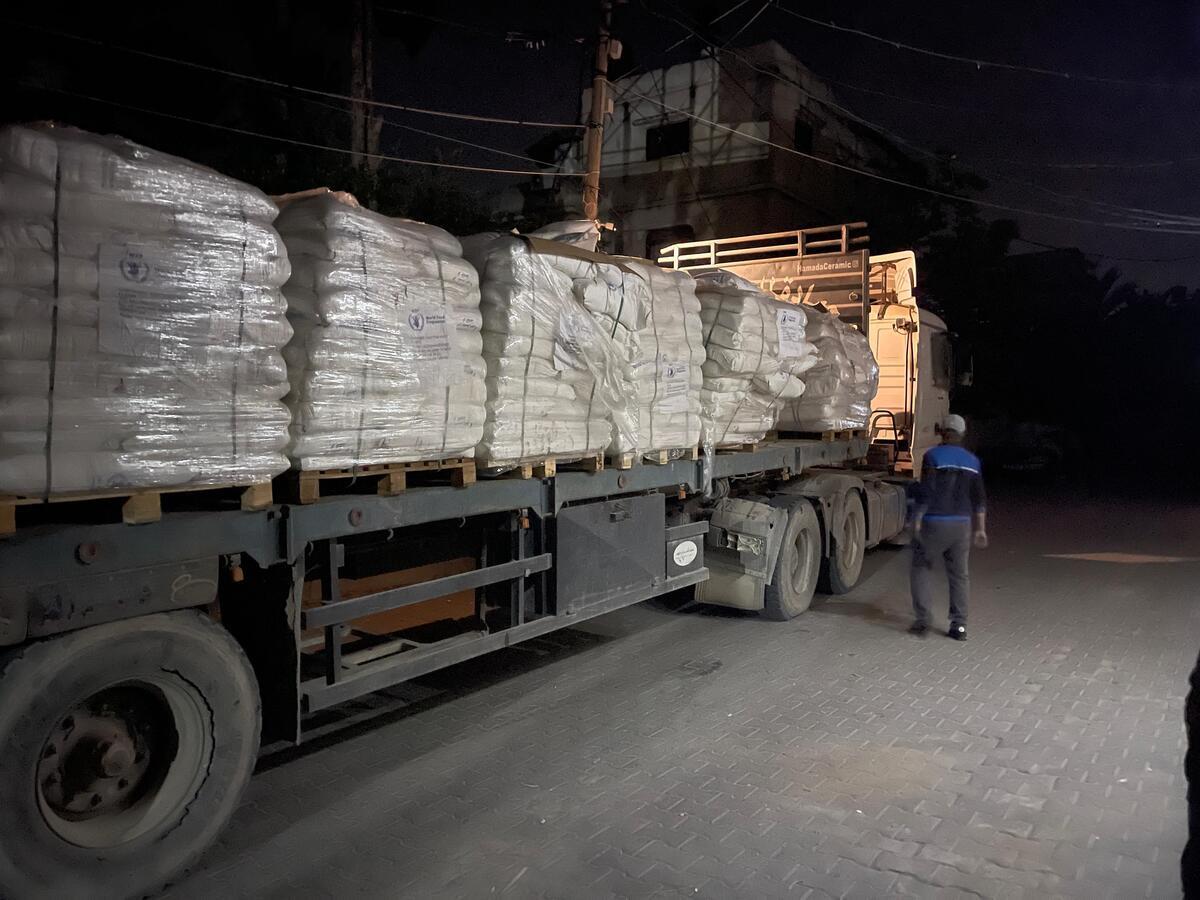Agency Calls for $250M in Funding to Meet Basic Needs across all of Syria
DAMASCUS— The United Nations World Food Programme (WFP) is scaling up its food assistance programs to reach 2.8 million displaced and food-insecure people across all of Syria.
As events in Syria continue to unfold, and its people work to navigate a political transition, humanitarian needs are growing. Recent hostilities have displaced hundreds of thousands of individuals across the country, worsening an already dire food security situation.
“During this critical time for Syria, U.N. World Food Programme teams are on the ground ensuring that the country’s most vulnerable people receive the urgent food assistance they need,” said U.N. World Food Programme Country Director in Syria Kenn Crossley. “Right now, commercial supply routes are compromised, food prices are soaring, and the Syrian currency is depreciating. Essential items such as rice, sugar and oil are in short supply and bread prices have spiked, making it critically important that we scale up our efforts to assist during this winter season.”
With rapidly escalating needs, the U.N. World Food Programme urgently requires $250 million in the next six months to buy and deliver food assistance for up to 2.8 million displaced and vulnerable people. Flexible funding, in particular, would give the U.N. World Food Programme the agility to expand its operations as needed.
The U.N. World Food Programme is well positioned in Syria to respond, as the agency has one of its largest country operations spanning seven offices that serve vulnerable communities across the country. This presence has enabled the U.N. World Food Programme to quickly scale up over the past two weeks, providing daily ready-to-eat rations, food baskets, fresh and hot meals, to nearly 70,000 displaced people in hard-hit areas. Food distributions and hot meal services provided by the U.N. World Food Programme pre-crisis have already resumed for displaced people in Homs, Aleppo, Raqqa and Al-Hasakah, after days of instability and unrest.
Nearly 14 years of war have left many Syrians in a vulnerable state. Some 12.9 million people were food insecure at the start of this year, including 3 million severely food insecure, while humanitarian assistance has declined significantly due to funding shortfalls.
“Food aid is not only a lifeline for ensuring nutritional needs are met during a crisis.” stressed Crossley. “It’s a reassuring presence that lets communities know they are not alone in what can feel like a very vulnerable, and isolating moment in their lives.”
Photos available here.
# # #
The United Nations World Food Programme is the 2020 Nobel Peace Prize Laureate and the world’s leading humanitarian organization, saving lives in emergencies and using food assistance to build a pathway to peace, stability and prosperity for people recovering from conflict, disasters and the impact of climate change.






